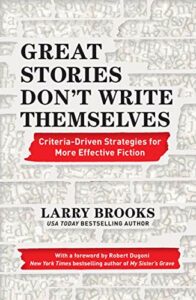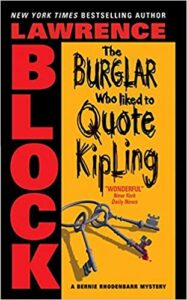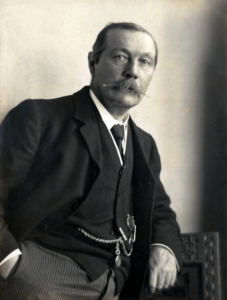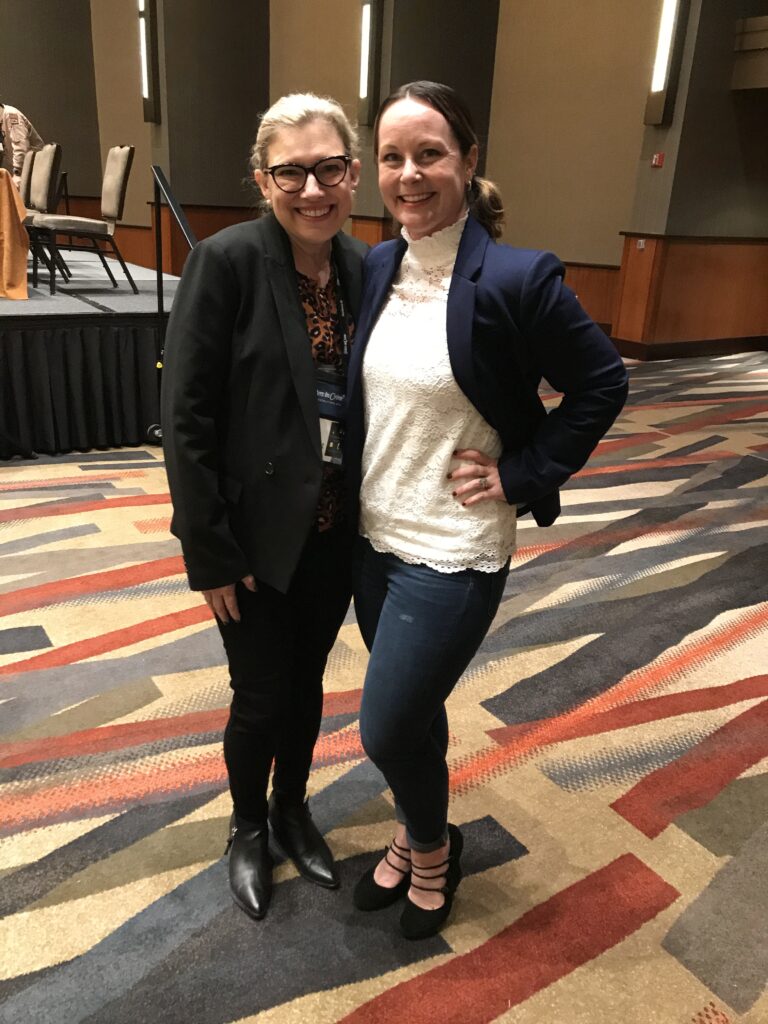By PJ Parrish
Well, I’m not sure exactly where we are today with today’s submission, but I will say I liked reading this one. Which is why I’m going to be kinda tough on you, brave writer. Thanks for submitting your work.
(1)The Arrival
When the sun finally came up, Billy Watson was still sitting in the rusted out car, half asleep and shaking. The wind started to pick up and small bits of sand blew through the open windows, some of it getting into his mouth and eyes. A rumble of thunder sounded in the distance behind him. He tensed and turned his head, looking to the sky for more ships but not seeing any.
Catherine Belling sat next to him in the front seat, asleep. He touched her shoulder and shook it, feeling the smoothness of her silk blouse which was now in tatters. She jumped at his touch and sat straight up and looked around. “Catherine,” he whispered. “We’ve got to get out of here. We must keep moving.”
She reached to her right side and pulled a knife out of a leather sheath. It was a medium length hunting knife with a thick blade. She squeezed it, making her knuckles white. She started to speak but had trouble. She moistened her lips and said, “We can leave anytime. Where’s Ruben?”
“Don’t you remember? He wandered off last night and hasn’t come back yet. But we can’t wait around. The sounds are getting closer. Maybe we’ll find him somewhere in the desert.” He started to turn his arms and move his body. Every muscle ached.
Catherine put her knife away and pushed on the passenger door, which was cracked open. It squeaked and resisted and she had to use her leg to push it the rest of the way open.
They both staggered to the front of the car and looked around at the sky. To the north, from where they had come, they could see dark clouds and flashes of orange light and hear booms. To the west and east the skies were blue with a few clouds. To the south there were less clouds and what looked like clear, sunny skies. That’s where they headed.
____________________
I liked this opening. We are getting into the scene in mid-action, even though the two characters are just awakening. I don’t mind that, because they have obviously, from the description, been through something bad. I like the unanswered questions of this opening — what happened last night? Why are they in such bad shape? (his injuries, her tattered silk blouse — and the little detail that it is silk is intriguing in itself given their barren surroundings.) What happened to Ruben? Are these two good guys or bad guys? This makes me want to read on.
Here’s what the writer didn’t do that also makes this work for me: The guy wakes up and we don’t get a bunch of thoughts, musings, rememberings and god forbid, backstory. The writer immediately gets us into some action. I trust the writer will explain as this chapter progresses what happened and how Billy Watson feels about it.
I don’t yet know exactly where we are, but I get the feeling of desolation. I also trust the writer will soon pinpoint the location. I get the sense that we are in some sort of apocalyptic time, possibly in future, since Watson looks to the sky to see if “ships” are there. I tripped over this sentence in my first quick read, thinking what the heck are ships doing in a desert? But then I got it. While I like the spareness of the writing, I could use a few other descriptive details to ground me in where we are and what time era. All I can see in my reader’s imagination is sand, a storm-imminent dawn sky, and a rusted car. One or two more choice details might go a long way here to upping the tension and intrigue. Give me some hints!
One suggestion: Right now, we are getting the point of view mainly through Billy but with a semi-drift into Catherine. I think it might be stronger we stayed firmly with Billy. A reader wants to connect with a main character as quickly as possible, and although Catherine may turn out to be just as important, it would help you establish rapport if you began more stronger with Billy.
Let’s go to some line editing so I can show you how. And address a few minor quibbles.
When the sun finally came up, Billy Watson was still sitting in the rusted out car, half asleep and shaking. You are in omniscient POV here. This could be stronger if you can filter this moment only through Billy’s sensibility. It’s hard to make someone awakening FEEL real but if you can do it, it can be more powerful. Ask yourself, what is the first thing Billy is aware of? A brightness that makes him squint (the sun coming up); the stiffness of his body? A smell? Make us feel this moment. The wind started to pick up and small bits of sand blew through the open windows, some of it getting into his mouth and eyes. Same issue here. This could be stronger! A sudden rush of cold-warm-hot? air on his face and the feel of grit in his eyes and mouth. A rumble of thunder sounded in the distance behind him. He tensed and turned his head, looking to the sky for more ships. but not seeing any. He let out a long breath. No ships. It was just thunder. Make us feel his fear and/or trepidation more. But see my comments below about my confusion over what these “sounds” and “booms” are.
Catherine Belling sat next to him in the front seat, asleep. To make this feel more in Bily’s POV, I would not give her full name here. He wouldn’t be thinking “Catherine Belling.” Something like: He looked over at the woman slouched in the passenger seat. He touched her shoulder and shook it, feeling the smoothness of her silk blouse which was now in tatters. He shook her gently.
New graph is good when you move to a new character. She jumped at his touch and sat straight up and looked around. Give her a quick line or reaction. Is she scared-jumpy? I might even move up the whole bit with her knife. Also, action-reaction for your characters must be logical. If she is jumpy, her first reaction after someone touches her as she comes out of a fitful sleep might be to pull her knife. And Billy can calm her and then tell her they have to get moving. That strikes me as more human. It also gives her a more logical reason to pull the knife.
“Catherine,” he whispered. said. No need for whispers since it’s the two of them alone in a desert. “We’ve got to get out of here. We must keep moving.”
She reached to her right side and pulled a knife out of a leather sheath on her belt?. It was a medium length hunting knife with a thick blade. She squeezed the hunting knife, her knuckles turning white. She started to speak but had trouble and ran her tongue over her cracked lips. moistened her lips and said, “We can leave anytime.More details and more visceral.
Where’s Ruben?” she said.
“Don’t you remember? He wandered off last night and hasn’t come back yet. Obviously, he’s not back yet. This is a pretty dramatic point. Might she not react? Or say something?
“But We can’t wait for him around,” he said. “The sounds are getting closer.” Confusion here. Above, you have him thinking the sounds are “just thunder.” Apparently the “sounds” concern him. Why? We need this clarified. Which doesn’t mean you have to spill all the beans but maybe somewhere in this brief scene he hears another sound that he KNOWS is not just thunder and that elicits this remark. Otherwise it makes no sense. Maybe we’ll find him somewhere in the desert.”
I would have Catherine put her knife away here, not later. Make this gesture mean something. Is she discouraged? Resigned? Frightened for Ruben? Maybe Billy thinks about her having the knife. The contrast between silk blouse and hunting knife is delicious. Make it work! Make every line of dialogue and every gesture AMPLIFY and ENHANCE your plot and mood.
He started to turn his arms and move his body. Every muscle ached. What did he start to do exactly? Be specific. How about if he tries to open his door and can’t. Make it mean something to what you’re setting up here. Have it relate to their dire situation. What happened last night to make him so sore he can’t move? And the phrase “every muscle ached” is meh writing. You can do better. Make us FEEL something of this man’s pain — physical and psychological.
Catherine put her knife away and pushed on the passenger door, which was cracked open. It squeaked and resisted and she had to use her leg to push it the rest of the way open. I’d have her come around and yank his door open. And make it mean something. Is Billy wounded? It gives her a chance to develop some personality. Maybe you can even have Billy think something about here, which also gives you a chance to drop in her full name. ie: Billy flashed back to two nights ago, at the party. When Catherine Belling walked in a room, she always got stares. But that night, dressed in that white silk blouse and red pants, even he couldn’t look away. That’s corny, but you see where I am trying to go with it? An effective tool in fiction is compare and contrast. If you can drop hints at what it was like BEFORE this moment (why do you have Catherine in silk otherwise?) then it can be an effective contrast to the arid and dire position they are in now. Don’t dwell in backstory, but a brief well-rendered thought can be powerful. It can also hint at the relationship between these two.
They both staggered to the front of the car and looked around at the sky. To the north, from where they had come, they Billy could see dark clouds and flashes of orange light you’re a good writer so this can be better and hear booms. Again, this “booms” is meaningless. Billy probably knows exactly what this is, since he knows about “the ships.” I think you’re being a little to obtuse here. A few choice details about what they have escaped from will go along way toward heightening your tension. To the west and east the skies were blue with a few clouds. To the south the sky was a blinding blue. there were less clouds and what looked like clear, sunny skies.
That’s where they headed. I might put this in dialogue for Billy. But see caveat below.
Your description of the sky is a metaphor. Therefore, I would stay with north and south in that reference above because it’s clean and simple and is symbolic of the past (dark clouds, orange light and booms) and the future (blue skies.) But be aware that clouds (bad past) and blue skies (good future) is a cliche. As the old saying goes, if you’re gonna use weather, make it mean something. Remember the end of “The Terminator” when Linda Hamilton is sitting in the jeep at the desert gas station and she looks ahead to the roiling storm clouds . A kid tells her in Spanish that a storm is coming. She says, with a heavy dollop of James Cameron portention, “I know.” The weather must stand for something.
So, all and all, a pretty good beginning. Which is why I’m being a little tough with you, dear writer, and asking you to stretch even harder. As I said, every line of dialogue, every action, every word of description you choose, must have a reason for being there. Make every line you write more “muscular.” Make it work harder. You can do it. The story is worth it.

 “Larry Brooks has done it again!!! In Great Stories Don’t Write Themselves, Brooks delivers a clear, concise, easily digestible roadmap to make our stories work.
“Larry Brooks has done it again!!! In Great Stories Don’t Write Themselves, Brooks delivers a clear, concise, easily digestible roadmap to make our stories work.





 We haven’t asked this question in a while.
We haven’t asked this question in a while.







